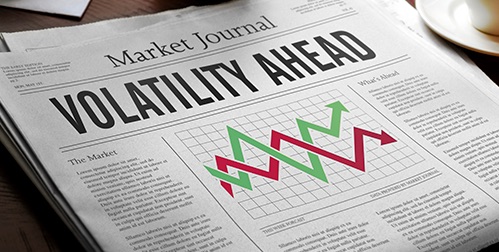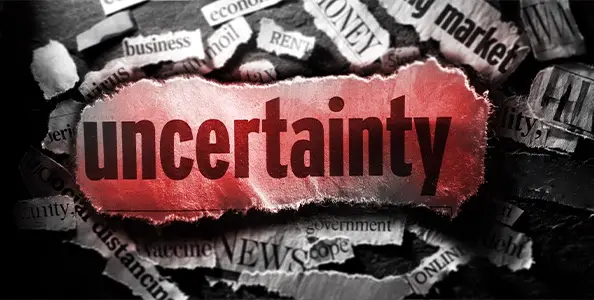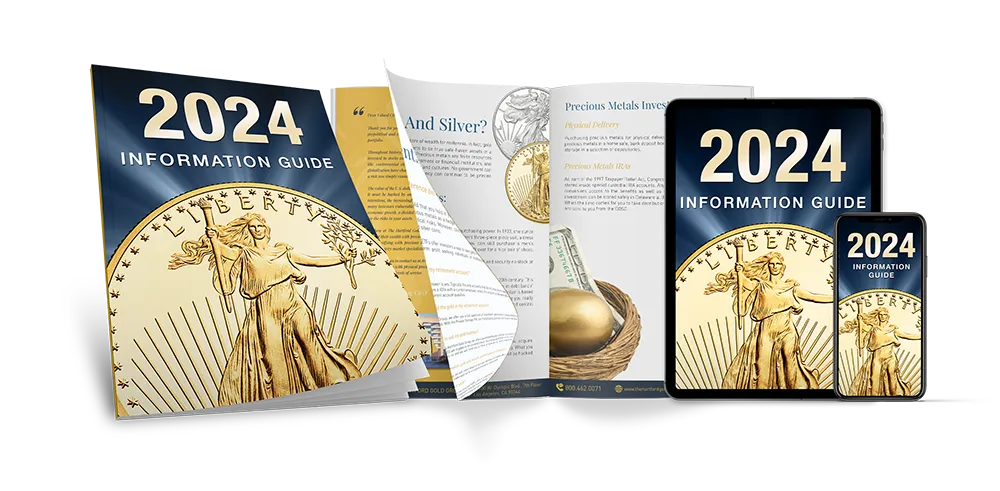- Gold prices have been reaching all-time-highs primarily due to purchases from BRICS+ central banks.
- In October, the BRICS+ de-dollarization agenda expands as they plan to announce information regarding the launch of their own gold-backed currency.
- Owning physical precious metals in a Gold IRA can not only protect the value of your savings over the long term, but it could also potentially grow them.
BRICS+ and the Rise of Gold
Gold’s surge to a record high of $2,480 on July 17th underscores its enduring status as a safe haven amid escalating global tensions and economic uncertainty. But the primary driver of demand isn’t coming from the investment sector. Instead, this rise is largely driven by the BRICS+ alliance. Central banks from BRICS+ nations have been on an unprecedented gold buying spree in their pursuit of de-dollarization. This October, they may be announcing the launch of a new currency to rival the dollar – setting off a global shift that could have a significant impact on the US economy and your savings.
Who Are the BRICS+?
The BRICS+ alliance was originally an economic consortium of five major emerging economies—Brazil, Russia, India, China, and South Africa. It has been steadily increasing its numbers and influence on the global stage. Founded in 2006, the group’s primary objective is to counterbalance Western-dominated financial and political institutions. With a combined population of over 3 billion people and some of the world’s largest and fastest-growing economies, BRICS represents a significant bloc in international affairs.
BRICS+ and Gold
As retail investment in gold declined, BRICS+ purchasing has been pushing the price of gold to new levels. The World Gold Council reported that BRICS+ has been the largest buyers of gold since 2022.
Data from the World Gold Council show the largest buyer was the People’s Bank of China. Except for a pause this spring, China has been expanding its gold reserves every single month since October ’22. Russia is also aggressively bulking up its gold reserves. Gold now represents 29% of their total reserves, up from 11% just six years ago.1
 2
2
Gold and the Weaponized Dollar
Vahan Roth is executive director at Swissgrams AG. His latest analysis posits that gold’s rise is a reaction to the weaponization of the U.S. dollar.
“The world reserve currency…can and will be used as an offensive weapon in geopolitical conflicts,” he wrote. “That same weapon that has been wielded against Russia could be deployed against any other adversary.”3
In response, the BRICS+ alliance is pushing back against the U.S. They want to be able to defend against a weaponized dollar by shifting reserves to gold.
BRICS+ Currency
The BRICS+ path to de-dollarization doesn’t stop with protecting their reserves with gold. They are making significant strides in launching a new currency. The currency would be backed by gold and act as a counter to the U.S. dollar. The nine-member alliance is planning a big announcement about the currency at its October summit.
Some financial experts believe that a gold-backed currency could spell the “beginning of the end” for the US dollar. Developing countries could distance themselves from the dollar, and US influence, by embracing the currency for reserves and cross-border transactions. 4

A gold-backed currency would provide a stable alternative. It could reduce the reliance of BRICS+ countries on the U.S. dollar and protect their economies from dollar fluctuations.
The rise of a competing currency is coming at a time when faith is being lost in the greenback. A gold-backed currency would provide a tangible basis for value and stability. In contrast, the U.S. dollar, like most modern currencies, is a fiat currency, meaning it is not backed by any physical commodity. The U.S.’s growing national debt recently reached $34.4 trillion. Concerns are rising about the long-term stability of the dollar. These concerns are among the reasons the BRICS+ are seeking more secure alternatives.
A New Way to Pay
The BRICS+ are already creating a system to rival the SWIFT payment system. The SWIFT payments system enables financial transactions between banks and other financial institutions. Russia was excluded from the SWIFT system after it invaded Ukraine. This effectively isolated Russian financial institutions from global markets. Russia’s exclusion reinforced the need for a financial system outside of Western control.
“The financial agenda of BRICS has a main initiative for building a new economic reality…Creating our own financial messaging system for the BRICS countries, similar to SWIFT,” Alexander Babakov, Deputy Chairman of the Russian State Duma, said.5
Implications
The shift away from U.S. dollar dominance erodes America’s default higher standing in the world economy. Destabilizing this position could hurt foreign exchange rates and international lending practices. Reduced demand for dollars could lead to a decline in the currency’s value. The devalued dollar can lead to hyper-inflation, leading to higher prices for imported goods and everyday purchases. In addition, the shift could expose and worsen existing vulnerabilities in the U.S. banking sector, heralding a new crisis.
Conclusion
We are moving to a multipolar financial world with multiple currencies and monetary systems. The era of U.S. dominance looks to be ending. For the BRICS+ nations, these initiatives are not just about economic pragmatism; they are also about asserting greater influence on the global stage. Consequently, the falling value of the dollar would severely impact the worth of dollar-denominated investments like stocks and bonds. In comparison, the price of gold is likely to increase as it used to back a growing currency. That’s why owning physical precious metals in a Gold IRA can not only protect the value of your savings over the long term, but it could also potentially grow them. To learn more, contact American Hartford Gold at 800-462-0071.






 5
5



 3
3




